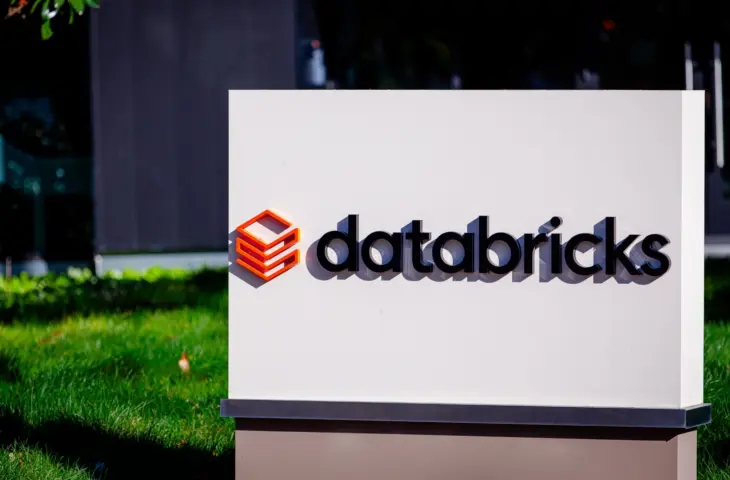At its Data + AI Summit in San Francisco, Databricks launches Agent Bricks and serverless GPUs.
Databricks introduces Agent Bricks, a tool that automatically optimizes AI agents based on business data. The solution focuses on cost management, reliability, and simplicity in production environments.
Automatic Optimization for Domain-Specific Applications
With Agent Bricks, Databricks proposes a new method for developing AI agents. Companies only need to provide a task description and their business data. Agent Bricks then generates synthetic data, selects an appropriate model, and applies the right retrieval technique. The system also automatically evaluates performance using task-oriented benchmarks. The tool is now available in beta version.
The solution was developed within Databricks’ Mosaic AI Research initiative. It is designed to replace the current trial-and-error approach in many AI projects. According to Databricks, organizations can bring AI agents into production faster and more efficiently. Agent Bricks includes built-in governance and control functions for business use.
Use Cases and Additional Announcements
Agent Bricks supports four applications, among others: extracting structured information from documents, knowledge assistants for accurate question-answer interactions, custom text transformations, and multi-agent systems. Examples include automatically retrieving product information from supplier PDFs, direct access to maintenance information in production environments, and summarizing medical records in healthcare institutions.
In addition, at its Data + AI Summit in San Francisco, Databricks also introduced support for serverless GPUs. This allows users to build AI applications without their own GPU infrastructure. Finally, MLflow 3.0 was introduced, a platform to manage the entire AI lifecycle. The new version offers traceability, integration with Lakehouse data, and support for comparing performance across environments.
Agent Bricks and Serverless GPU Compute are now available in beta version. MLflow 3.0 is generally available.
